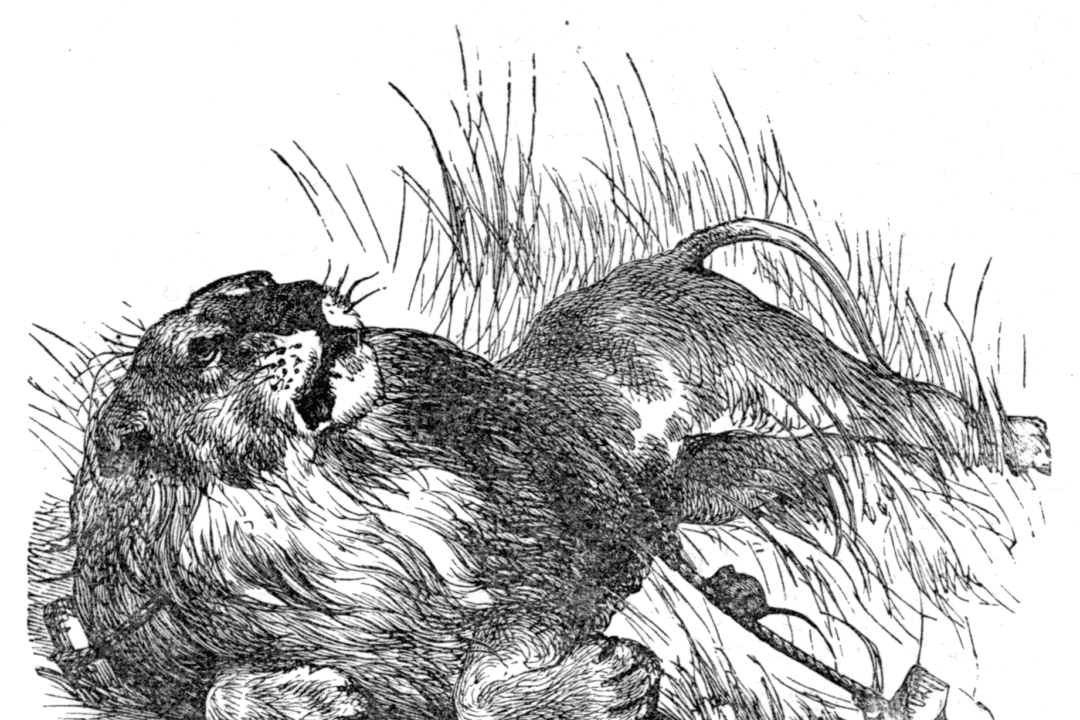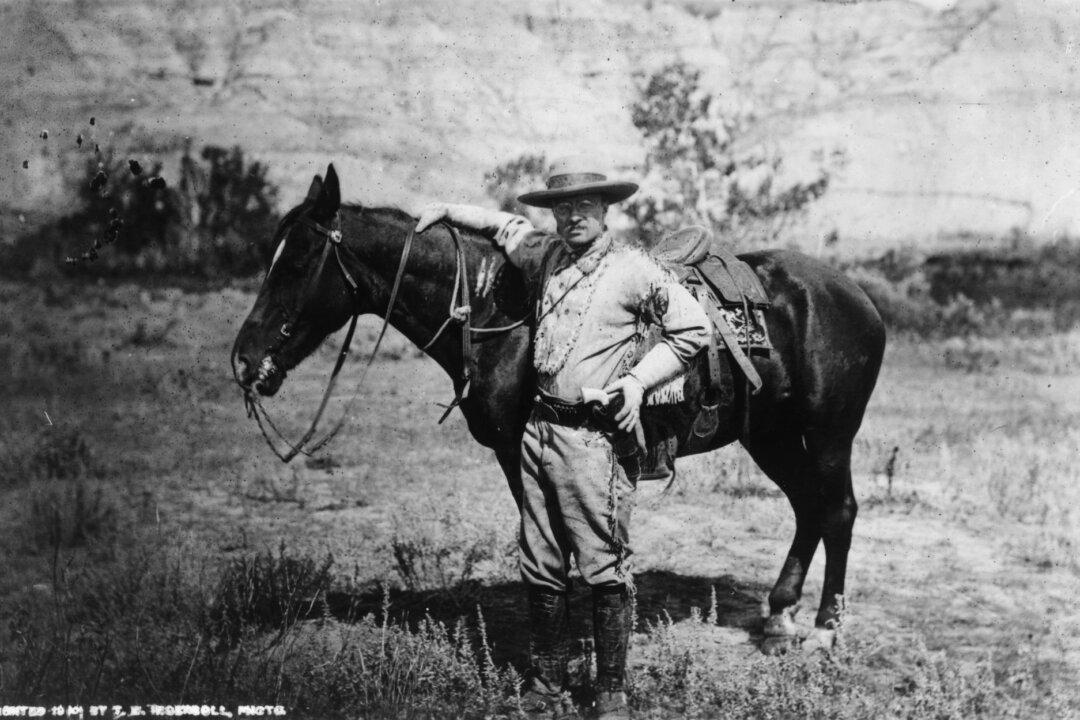The proverb “One good turn deserves another” has fallen out of use to some extent, but by learning about it, reflecting on it, and using it, perhaps we can help keep it alive. It has been a part of English for about 500 years.
The earliest written record of “One good turn deserves another” was found in a Latin manuscript from around the turn of the 15th century. However, its first written record in English appeared in John Heywood’s 1546 book “Proverbs,” where it is stated as: “One good turne asketh another.” And in 1622, Bishop Joseph Hall wrote in his “Contemplations” that one good turn “requires” another.





